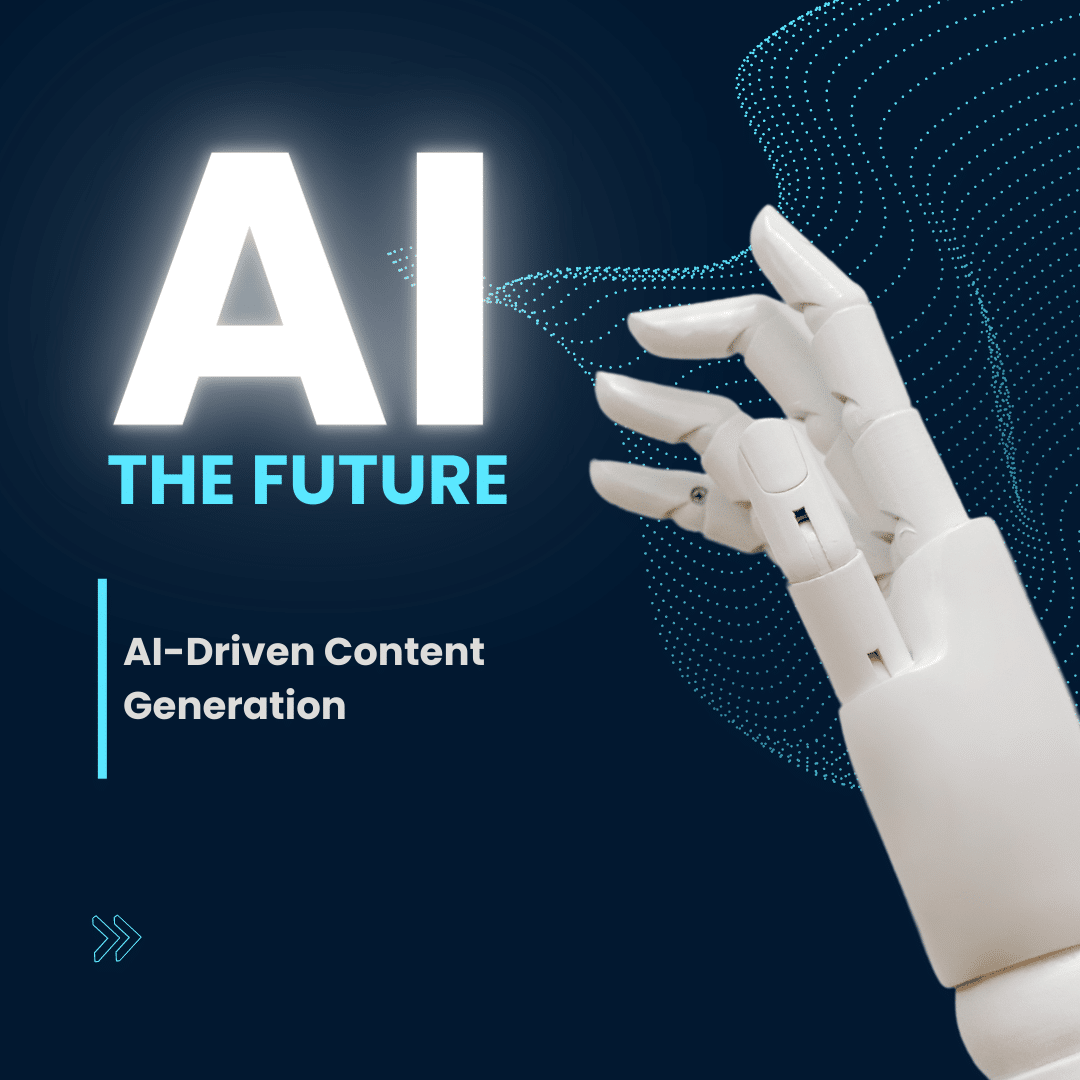Technology is rapidly evolving and reshaping various industries, including content creation. Artificial Intelligence (AI) has emerged as a game-changer in this domain, revolutionizing the way content is produced, curated, and consumed. From automated content generation to data-driven insights, AI has significantly impacted the world of content creation. This article explores the crucial role that AI plays in shaping the landscape of content creation and its implications for the future.
Table of Contents
- Understanding AI in Content Creation
1.1 What is Artificial Intelligence (AI)?
1.2 AI and Natural Language Processing (NLP) - AI-Driven Content Generation
2.1 Automated Writing Systems
2.2 Curating Content with AI - Enhancing Content Quality with AI
3.1 Grammar and Spelling Checks
3.2 Improving Readability and Engagement - AI for Content Personalization
4.1 Tailoring Content for Target Audiences
4.2 Recommendations and Personalized Experiences - AI in Content Strategy and SEO
5.1 Identifying Content Opportunities
5.2 Optimizing for Search Engines - AI as a Content Marketing Tool
6.1 Social Media Management and Scheduling
6.2 Performance Analytics and Insights - The Ethics of AI-Generated Content
7.1 Addressing Plagiarism and Copyright Issues
7.2 Maintaining Authenticity and Human Touch

AI in Content Creation: A Revolution in the Making
1. Understanding AI in Content Creation
1.1 What is Artificial Intelligence (AI)?
Artificial Intelligence is the simulation of human intelligence in machines that are programmed to think and learn like humans. In the context of content creation, AI-powered systems utilize algorithms and machine learning to analyze vast amounts of data, understand patterns, and generate meaningful content. Natural Language Processing (NLP) is a core component of AI that enables machines to comprehend, interpret, and respond to human language, leading to automated content creation.
2. AI-Driven Content Generation
2.1 Automated Writing Systems
AI-driven content generation tools have gained popularity among content creators, marketers, and businesses. These systems can produce articles, blog posts, product descriptions, and more, reducing the time and effort required to create content manually. However, while AI-generated content is efficient, it raises concerns about originality and creativity.
2.2 Curating Content with AI
AI is not limited to creating content from scratch; it can also assist in content curation. By analyzing user preferences and behavior, AI algorithms can curate personalized content recommendations for individual users, enhancing their overall content experience.
3. Enhancing Content Quality with AI
3.1 Grammar and Spelling Checks
AI-powered grammar and spelling checks have become essential tools for writers. They can identify errors and suggest corrections, ensuring that the final content is polished and error-free.
3.2 Improving Readability and Engagement
AI tools can analyze the readability of content and suggest improvements to enhance engagement. By understanding audience preferences, AI helps content creators deliver more compelling and accessible content.
4. AI for Content Personalization
4.1 Tailoring Content for Target Audiences
AI-driven data analysis enables content creators to understand their target audiences better. By analyzing user data and behavior, AI can tailor content to meet specific interests and preferences.
4.2 Recommendations and Personalized Experiences
AI-driven recommendation systems provide users with personalized content recommendations, enhancing user satisfaction and retention. These systems learn from user interactions and continually adapt to user preferences.
5. AI in Content Strategy and SEO
5.1 Identifying Content Opportunities
AI-powered tools can analyze data trends and identify content opportunities. By understanding search patterns and user queries, content creators can develop content that aligns with audience interests.
5.2 Optimizing for Search Engines
AI assists in optimizing content for search engines, improving its visibility and discoverability. By incorporating relevant keywords and meta-tags, AI-driven SEO tools boost the chances of content ranking higher in search results.
6. AI as a Content Marketing Tool
6.1 Social Media Management and Scheduling
AI simplifies social media management by automating posting schedules, analyzing engagement metrics, and suggesting the best times to publish content. This streamlines content marketing efforts and enhances audience reach.
6.2 Performance Analytics and Insights
AI-powered analytics tools provide comprehensive insights into content performance, allowing content creators to gauge the effectiveness of their strategies and make data-driven decisions.
7. The Ethics of AI-Generated Content
7.1 Addressing Plagiarism and Copyright Issues
The rise of AI-generated content raises concerns about plagiarism and copyright violations. Content creators and businesses must use AI responsibly, ensuring that generated content respects intellectual property rights.
7.2 Maintaining Authenticity and Human Touch
While AI offers numerous benefits, maintaining authenticity and a human touch in content remains vital. Readers often appreciate content that reflects human emotions and perspectives, making it essential to strike a balance between AI-generated and human-created content.
Conclusion
Artificial Intelligence has undoubtedly transformed content creation, offering immense opportunities and efficiencies for content creators, marketers, and businesses. From automated content generation to personalized recommendations and enhanced SEO strategies, AI has become an indispensable tool in the content creation process. However, it is crucial to remember that while AI is a powerful ally, human creativity, empathy, and authenticity remain the cornerstone of captivating and compelling content.
FAQs (Frequently Asked Questions)
Is AI-generated content considered plagiarism? No, AI-generated content is not inherently considered plagiarism. However, it is essential to verify the originality and uniqueness of the content produced by AI systems to avoid potential copyright issues.
Can AI completely replace human content creators? While AI has advanced significantly, it cannot completely replace human content creators. Human creativity, emotions, and unique perspectives are essential for producing truly exceptional and relatable content.
Does AI impact content diversity and creativity? AI can influence content diversity by analyzing data patterns and user preferences, leading to personalized content recommendations. However, content creators should actively strive to maintain creativity and originality in their work.
Is AI capable of understanding complex human emotions? AI is continually evolving, and some advancements have been made in sentiment analysis. However, fully understanding complex human emotions remains a challenge for AI systems.
How can businesses leverage AI in their content marketing strategies? Businesses can use AI to automate content creation, personalize user experiences, improve SEO strategies, and gain valuable insights from data analytics, enhancing the overall effectiveness of their content marketing efforts.






Leave a Comment
You must be logged in to post a comment